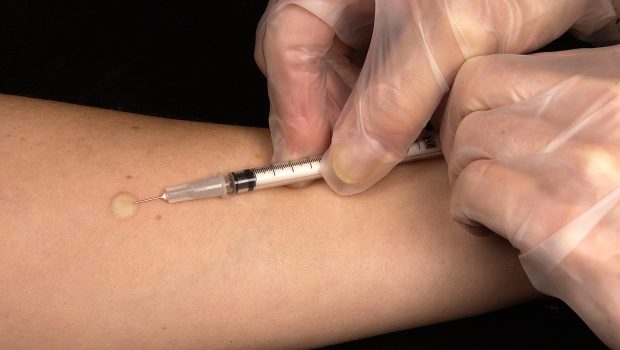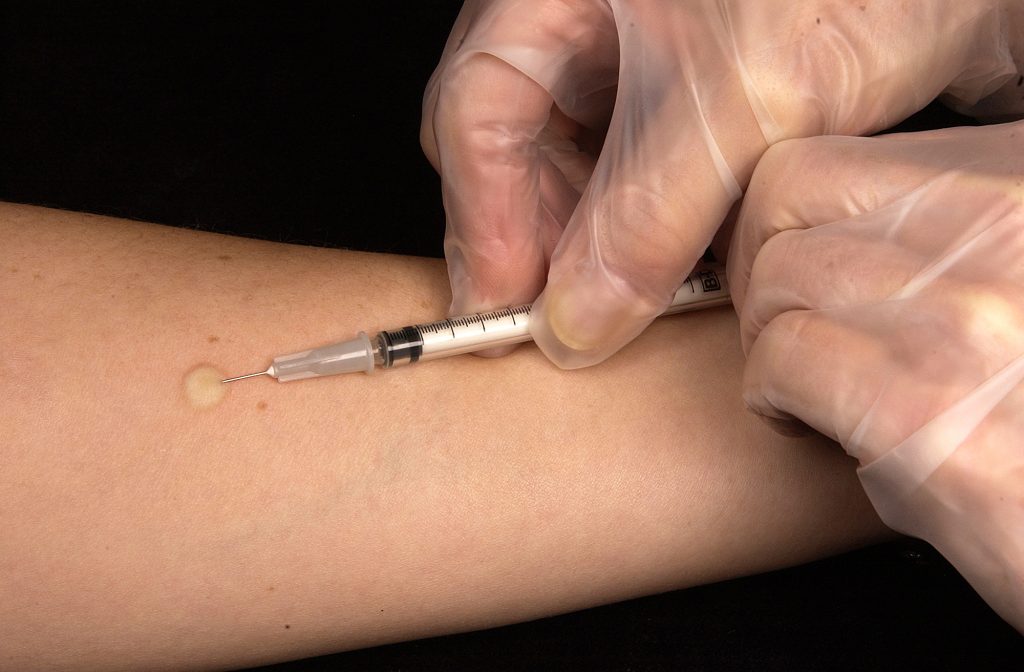Monoclonal Antibody For Treatment of B-Cell Lymphoma
B-Cell Lymphoma is a serious health condition that could prove to be life-threatening. This type of lymphoma affects the B Cells (lymph nodes). They are also known as Blood Cancer. They are more common among senior citizens and those suffering from immune-deficiency.
The Different Types
B-cell lymphomas can be both Hodgkin, as well as, non-Hodgkin. They are primarily divided into two grades: Low and High. Low Grade B-Cell Lymphomas correspond to slow-growing (indolent) cancerous cells while High Grade B-Cell Lymphomas correspond to aggressive or fast-growing cancer cells. Usually, indolent lymphomas respond to the treatments and could be partially cured up to a certain stage. They could be kept under control. On the other hand, aggressive or High-Grade lymphomas require an intensive level of treatment. Although chances of cure are low, but still, certain treatments promise permanent cure.
The Treatment Procedures
The treatment of B-Cell Lymphoma can be conducted through certain therapeutic modalities like, radiation therapy, immunotherapy and chemotherapy. Of all these three, chemotherapy, probably, is the most popular and the most effective option, which promises higher chances of curative measure. On the other hand, immunotherapy could be best processed through integration with monoclonal antibodies or with chemotherapy as a second-line treatment for B-cell lymphoma.
Patients diagnosed with B-Cell Lymphoma tend to suffer from disseminated disease. That is why the radiation therapy may not prove to be much effective. However, a radiation therapy can be used as a treatment procedure at the earlier stages. A radiation therapy can prove to be effective when used in combination, with chemotherapy, to treat aggressive lymphomas.
The Role of Surgery
Surgical interventions are quite rare for treating B-Cell Lymphoma. The treatment is limited mostly to certain diagnostic procedures; the most common being excisional biopsy. In certain rare conditions, orthopedic surgery might be recommended to stabilize the bone structure.
The Chance of Complications
Complications are quite common, post the therapeutic sessions. Neutropenic fever is common after the chemotherapy session. It could lead to sepsis and may prove to be life-threatening. The patients suffering from bulky diseases could get affected with tumor lysis syndrome, post the chemotherapy session. If a patient undergoes a high dose of cyclophosphamide therapy, scenarios of severe hemorrhagic cystitis can be observed.
Management of B-Cell Lymphoma is mostly conducted on outpatient basis. Patients are only admitted to hospital, if they require stem cell transplantation or more intensive chemotherapy regimens.
Immunotherapy Procedure
MAB or Monoclonal-antibody therapy, in combination with chemotherapy, has proved to be highly beneficial in treating B-Cell Lymphoma. It is often referred to as Immunotherapy Procedure. A lot of different MABs are under investigation or being presently used to treat B-Cell Lymphoma.
Of all the MABs, the MAB alemtuzumab is not available commercially. It is primarily obtained for clinical purposes. Another MAB, Tositumomab (Bexxar), got discontinued in the year 2014 and is not available any more. Some of the MABs commonly used these days are Bendamustine and Obinutuzumab. These MABs are considered perfect to treat patients, with indolent NHL.
Author Bio:
Barrack Diego is a microbiologist, working on molecular science and monoclonal antibody production.















